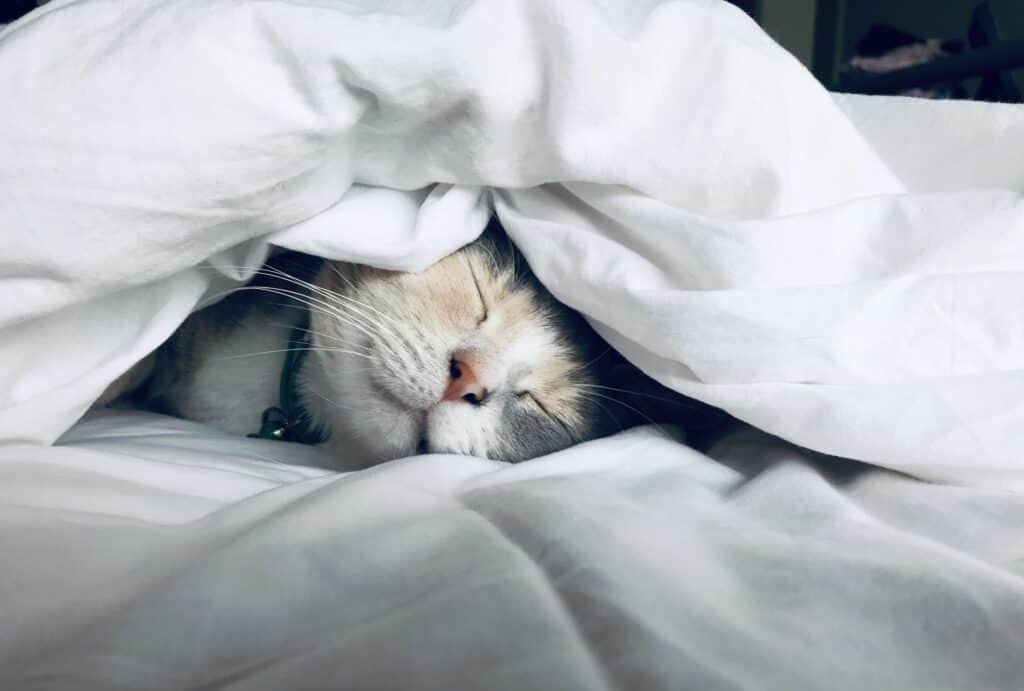
This is all about SLEEP HYGIENE – i.e. what you do before you get to bed, to prepare yourself for better sleep.
1. Have a calm winding down routine. Lower lights 1-2 hours before bed, put your electronics away, take a warm bath or pick up a book. A gentle yoga routine could also do wonders.
2. Use blue-light blocking glasses at night, especially if you’re using electronics (TV, phone, laptop, etc.). This helps to limit our exposure to blue light, which is the type of light that usually keeps us awake by tricking our body into thinking it’s daytime.
3. Stop working at least 4 hours before bed. The brain can’t go from 100mph to 0 just because you placed your head on a pillow. It needs time to slow down.
4. Get sunlight during the day! Right when you wake up is the best time. This helps set our circadian rhythm (internal clock).
5. Stay away from caffeine after 4/5pm. Studies show that it takes the body 10 hours to FULLY detoxify from caffeine. So you won’t want to drink that coffee too late in the day.
6. Take magnesium before bed.
7. MOVE DURING THE DAY. Ideally for an hour, and preferably in the morning. Limit strenuous activity before bed. This will excite your nervous system when we’re trying to wind it down.
8. Try to get to bed before midnight. Yes, the timing matters. If you’re way past the midnight mark, work back slowly and incrementally every few days.
9. Be smart about napping. Sure, a quick 20-min power nap can be energizing, but be mindful about anything longer than that (unless you absolutely need it. Always listen to your body!)
10. Avoid alcohol. No matter what anyone tells you, alcohol isn’t a healthfood. Enjoy it on occasion, and sparingly. Even though you feel like you sleep better after a glass or two of wine, your brain isn’t actually getting the full deep restful sleep that it needs.
11. Meditate. This is to help with an anxious mind.
12. Avoid drinking too many liquids at night. This is to limit mid-sleep bathroom breaks!
13. Try not to eat too late (or too heavy) at night. Our digestive fire isn’t as strong in the evening, so burdening it with a late and/or heavy meal can burden your sleep too.
14. Limit refined carbs and sugary foods (especially at night). This can trigger wakefulness and pull you out of the deep, restorative stages of sleep.

